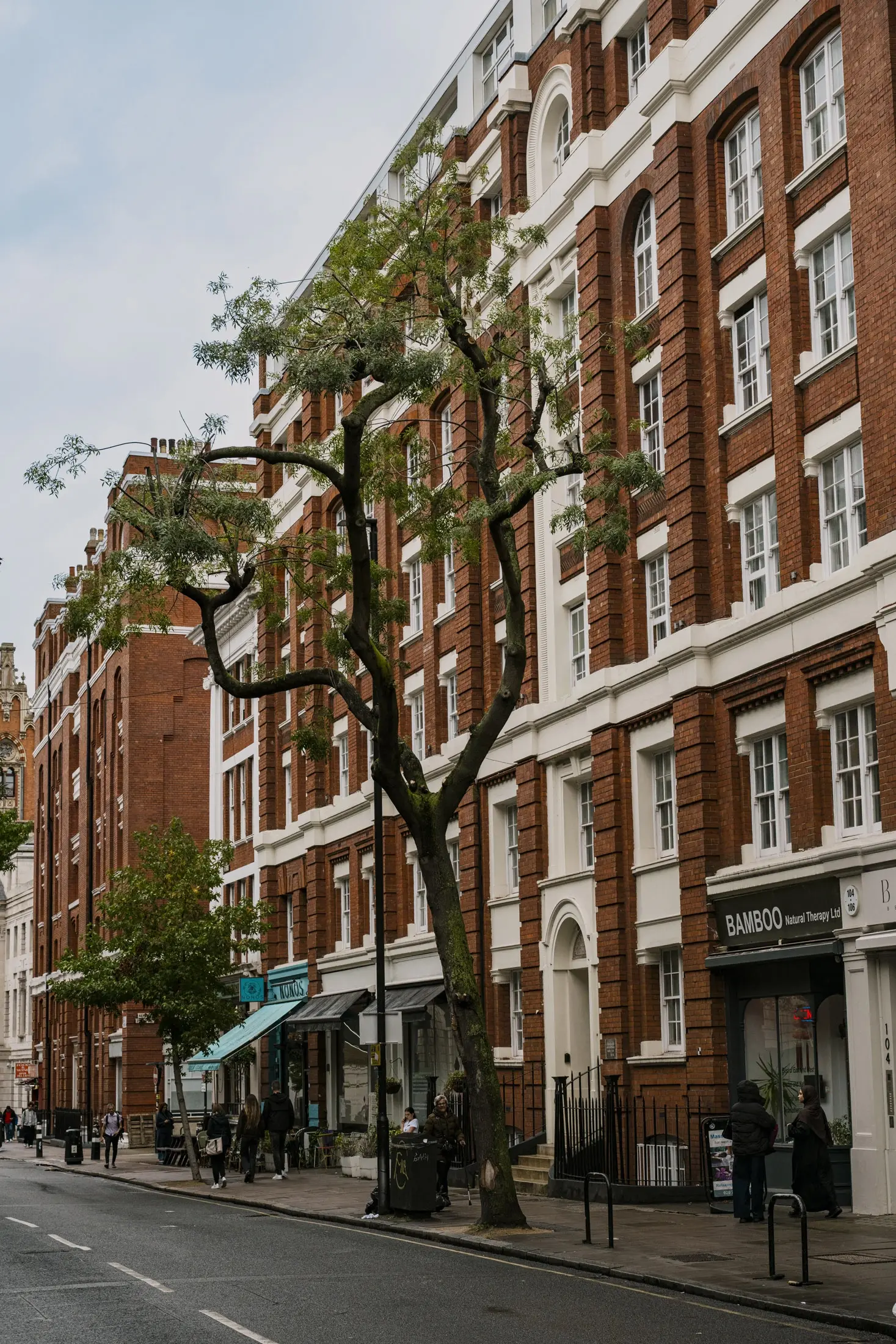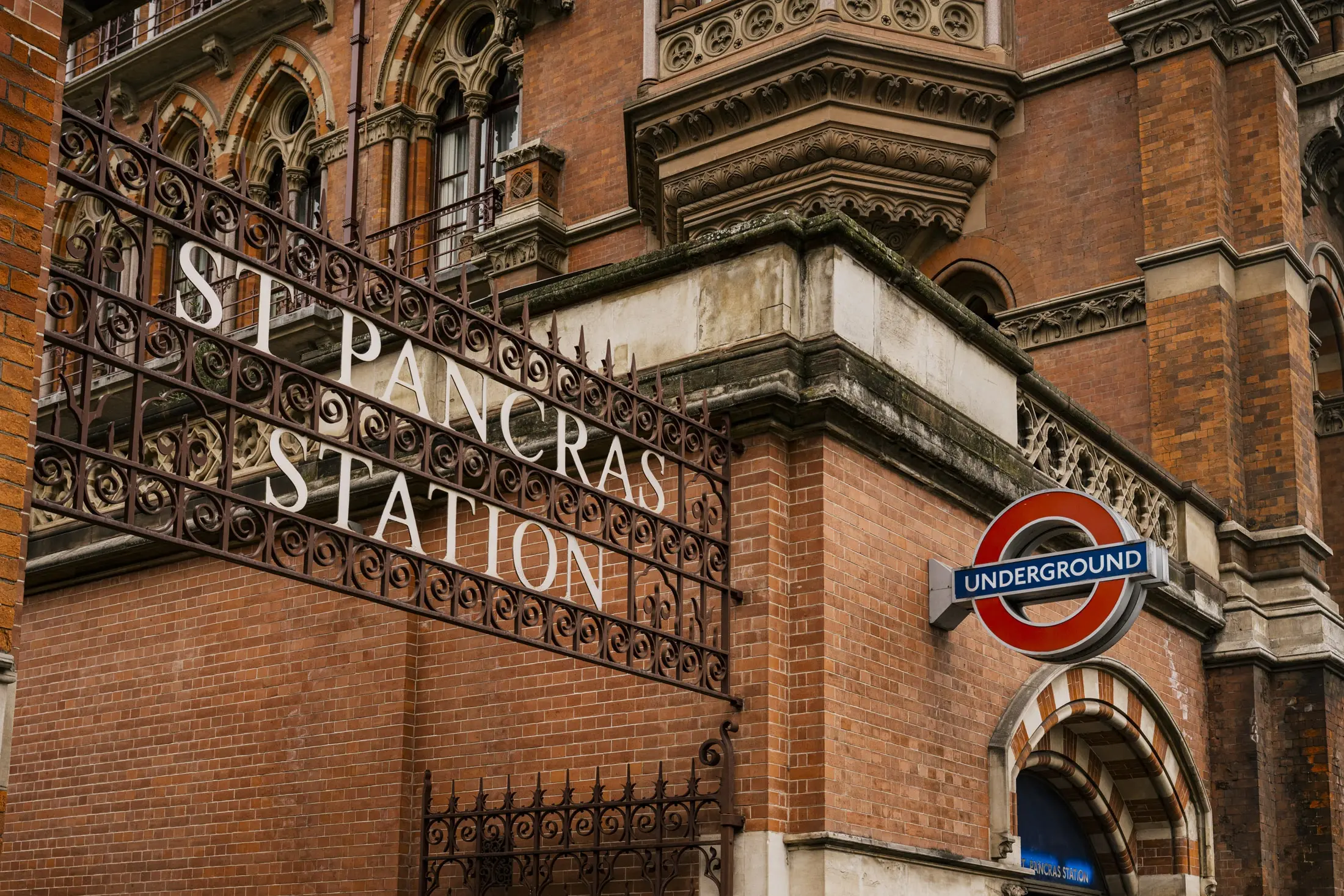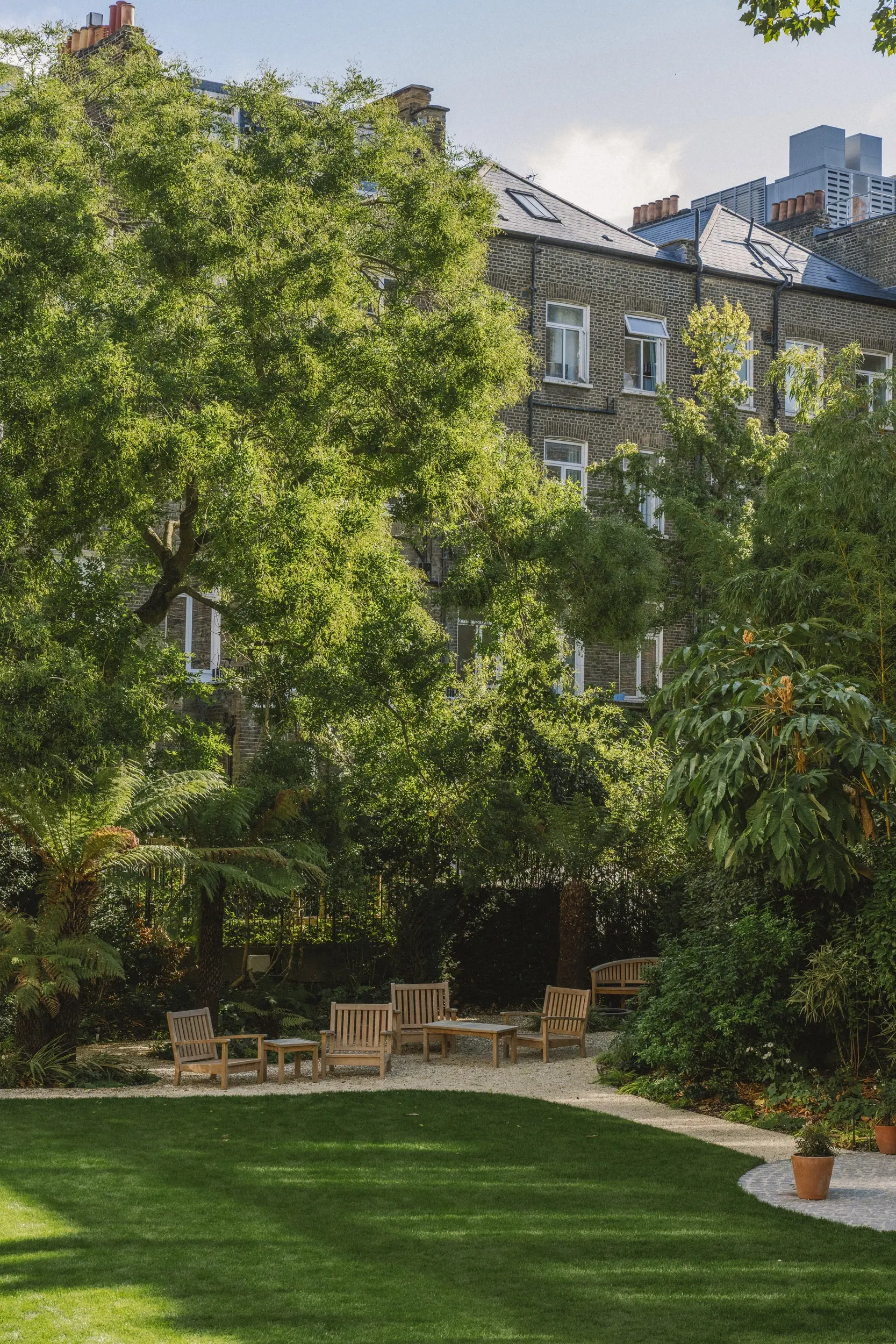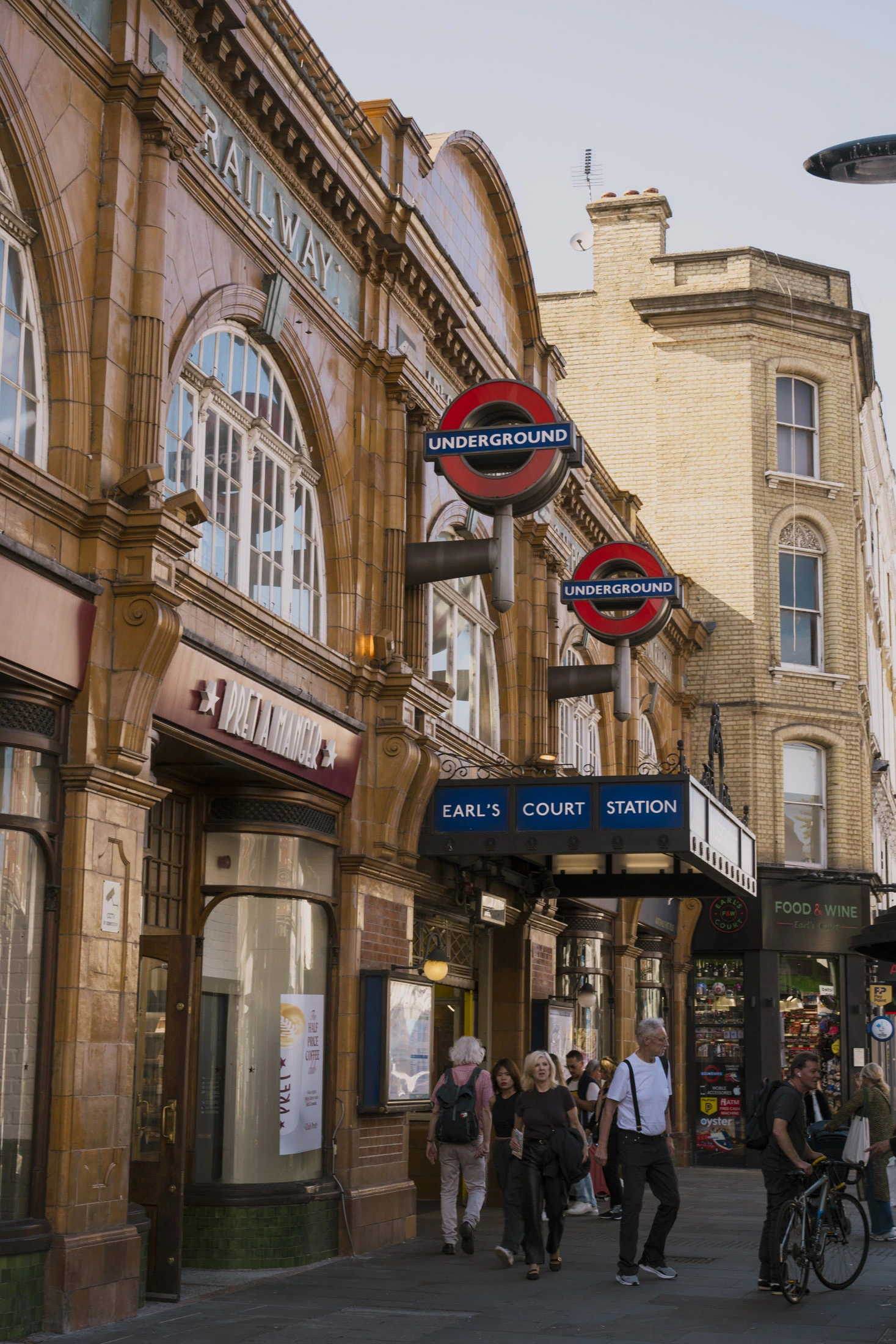What You Need To Know Before Moving To London
London is one of the most happening cities in the world, so it’s no surprise that over 8.5 million people live here. If you’re planning to move to London, this guide will walk you through common concerns and key tips to help make your transition as smooth as possible.
Many people relocating to the UK start their journey in London, and whilst moving to a big city can feel overwhelming, the right guidance can help you feel confident about this new chapter. From where to live and how to get around, to understanding the cost of living and local lifestyle, this guide covers everything you need to know before making the move.
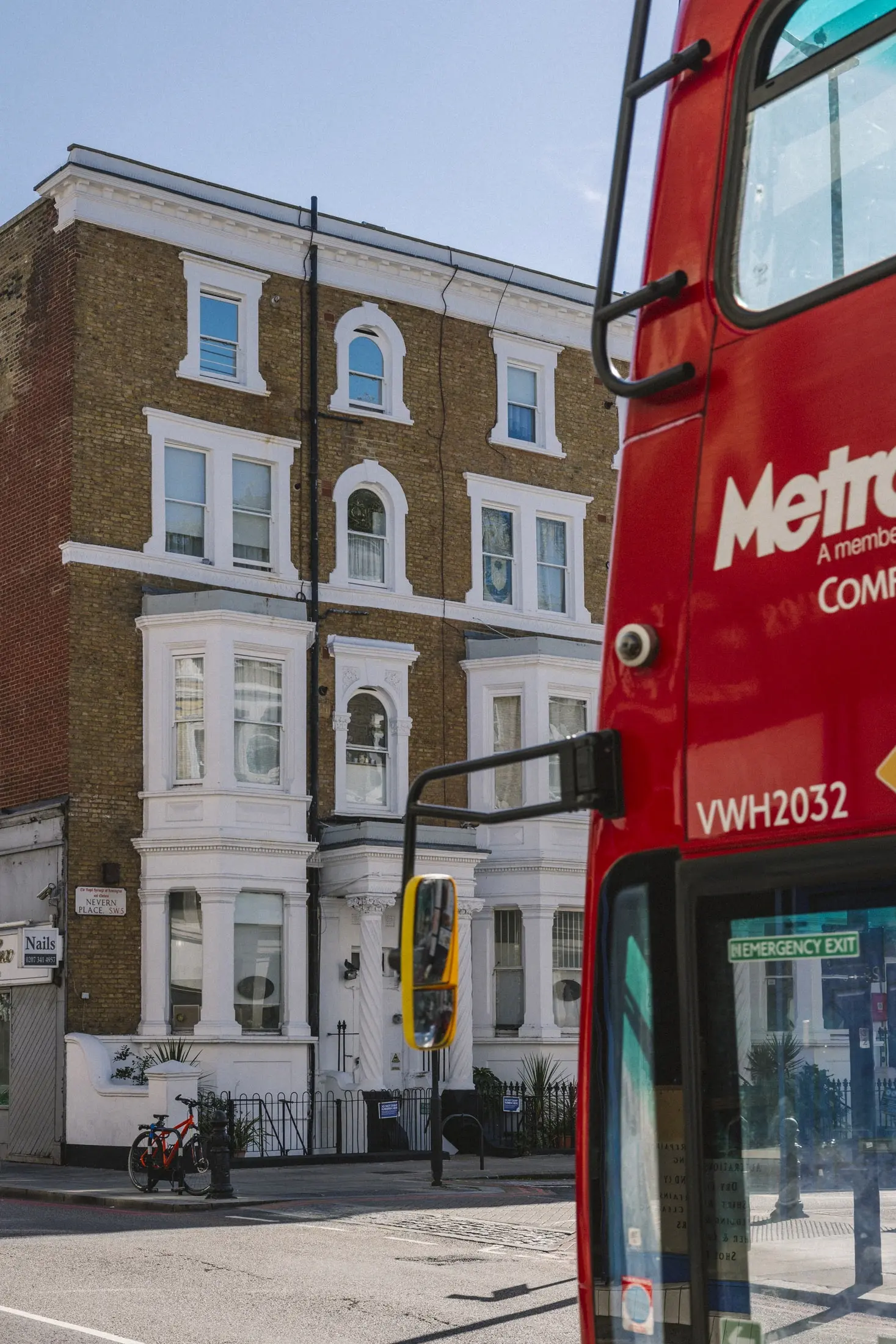
Why you’d want to move to London
There are many reasons people choose to move to London, whether it’s for career opportunities, the city's history and landmarks, or its vibrant lifestyle. London is a global food capital, offering over 100 cuisines to try, from buzzing street food markets and cosy pubs to Michelin-starred restaurants and everything in between.
Living in London means you’ll never be bored, there’s always something to do, from visiting world-class museums and enjoying a night on the West End, to exploring historic landmarks like Buckingham Palace and Big Ben.
The city also offers far more job opportunities than most others, with thriving industries in finance, tech, media, fashion and the arts. On top of that, London is home to some of the world’s best universities and provides excellent support for international students, making it a very popular choice.
Challenges of living in London
While there are plenty of great reasons to move to London, it’s also important to be aware of the challenges. London consistently ranks among the most expensive cities in the world, with housing being a major factor. Renting a one-bedroom flat in central London typically costs between £1,500 and £2,500 per month. Everyday expenses such as transport, dining out, and utilities are also higher than in most UK cities and many European capitals.
That said, London isn’t the most expensive city globally, but careful budgeting is essential. For most people, rent and commuting will take up the largest portion of their spending. Ultimately, it’s the price you pay to live in one of the most exciting cities in the world. Budgeting quickly becomes second nature, even when deciding what to drink on a night out. The average pint in London costs around £6.50 - £6.80, with prices higher in central areas and lower further out. Spirits tend to be more expensive, usually ranging from £9 to £14 depending on the borough.
Transport costs can also add up depending on where you live. While renting further out can save you money on housing, commuting into central London can be pricey, something worth factoring in when choosing where to live. There are ways to save on travel, and we’ll cover some helpful tips later.
Of course, another challenge is the weather. It’s no secret that the UK is known for being cold and rainy, but London can sometimes feel even gloomier. Going from freezing temperatures outside straight into a hot, crowded Tube takes some getting used to. Still, it’s all worth it when summer arrives and the daylight stretches until 9pm, the parks fill with people, and festivals pop up all over the city.
Where to stay
When moving to London, choosing the right area to live in is essential, it will shape your entire experience of the city. Each borough offers something different, so it’s worth taking the time to find one that suits your lifestyle. London is divided into five main regions: North, South, East, West, and Central. Some areas are ideal for young professionals or students, while others are better suited for families.
- Kensington - A prestigious borough known for its museums, high-end shopping, iconic landmarks like Kensington Gardens, and a generally higher-end, calmer atmosphere.
- Hampstead - A beautiful and highly desirable neighbourhood, known for its village feel, leafy streets, and proximity to Hampstead Heath, it’s perfect for those who love nature and tranquillity.
- Balham - A popular South London spot that blends a community feel with great cafés, pubs, and transport links, making it ideal for young professionals and families alike.
- Islington - Very popular, vibrant, lots of cafés, restaurants, culture, closer to central London with a community feel
- Bethnal Green - Well-connected, full of culture and food, with green pockets like Victoria Park.
- Camden - Famous for its markets, live music, and bohemian vibe. It’s one of London’s most dynamic areas, offering a mix of culture, nightlife, and green spaces.
How to get around London
Transport in London is generally very efficient, so it’s worth understanding how to get around before you move. The city is divided into six transport zones (1 -6) with services such as the London Underground (Tube), buses, Overground trains, trams, the DLR, the cable car, and river buses. These zones determine ticket prices, which is important to keep in mind when choosing where to live. For example, if you live in Zone 4 or 5 but commute daily into Zone 1 for work, travel costs can add up quickly, so it’s something to factor into your decision.
There are ways to save money on travel. You can link a 16 - 25 or 26 - 30 Railcard to your Oyster card to get one-third off fares, or save with monthly travel passes. Walking is also a popular and practical way to get around, it’s free, healthy and gives office workers a welcome break from sitting all day.
Another benefit of living in London is its excellent access to airports. The Tube connects directly to Heathrow, with stops at all terminals, and the Gatwick Express offers a fast and direct service from central London. Travelling to and from airports can feel like a hassle in other cities, but in London, it’s surprisingly straightforward.
London FAQs
How much is the average rent in London?
A one-bedroom flat can cost £1,500–£2,500 per month depending on location.
How do you get around London?
Mostly by tube, bus and trains, contactless cards and Oyster cards make travel easier.
Is London diverse?
Yes, over 300 languages are spoken and you can find almost every culture and cuisine represented.
Is London safe?
Yes, overall it’s considered safe, but like any big city, some areas are safer than others, and it’s wise to stay alert.
Summary
Moving to London is an exciting adventure, but it comes with plenty to think about. From finding the right area and navigating transport zones to managing your budget and embracing city life, there’s a lot to plan, but it’s worth it. London offers endless opportunities, incredible diversity, and something new to discover every day. With the right preparation, you’ll settle in quickly and start enjoying everything this vibrant city has to offer.
Looking for your first rental in London. Enquire with Cozo Living now.
